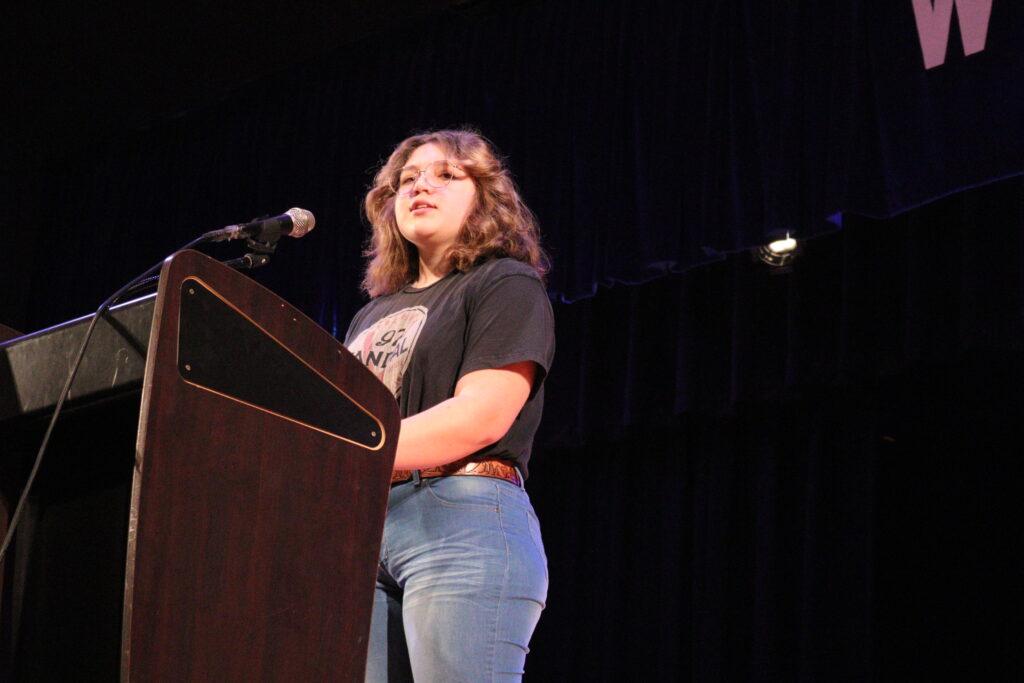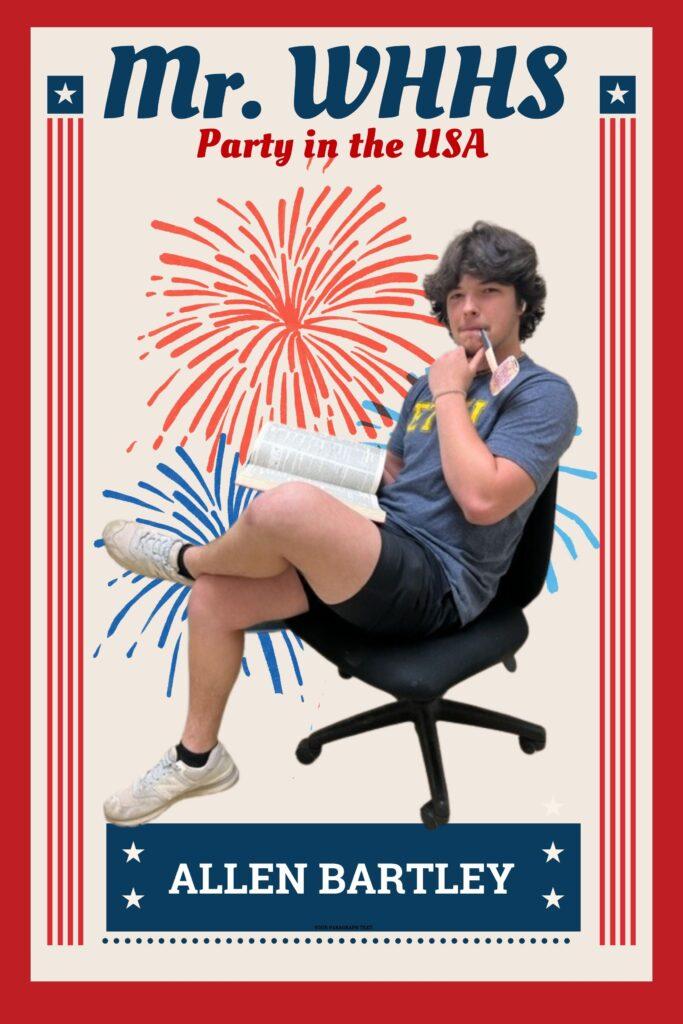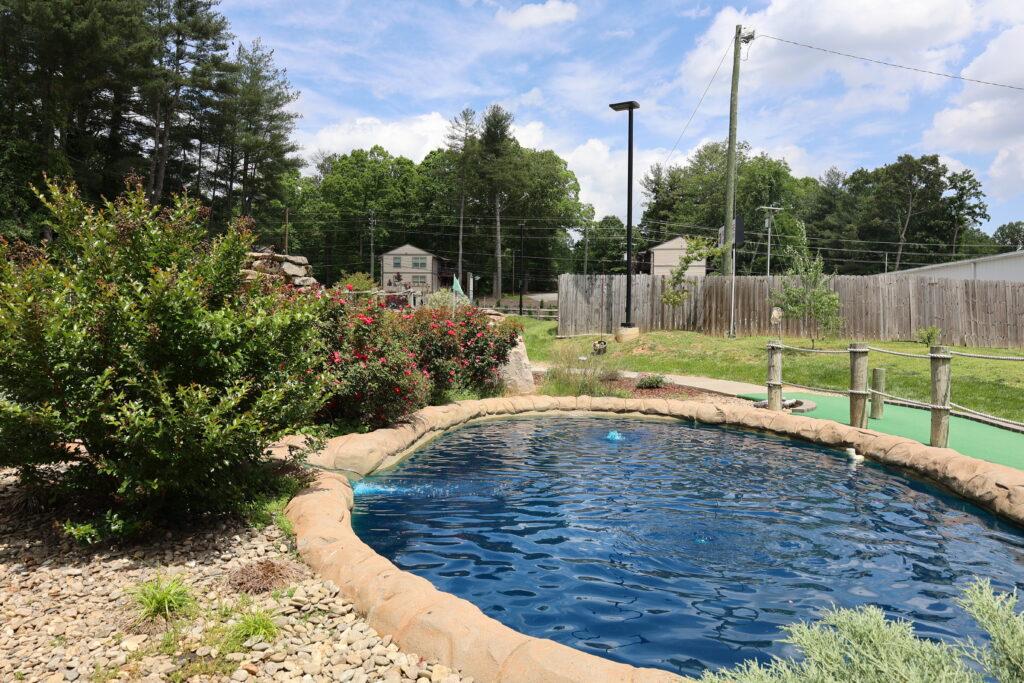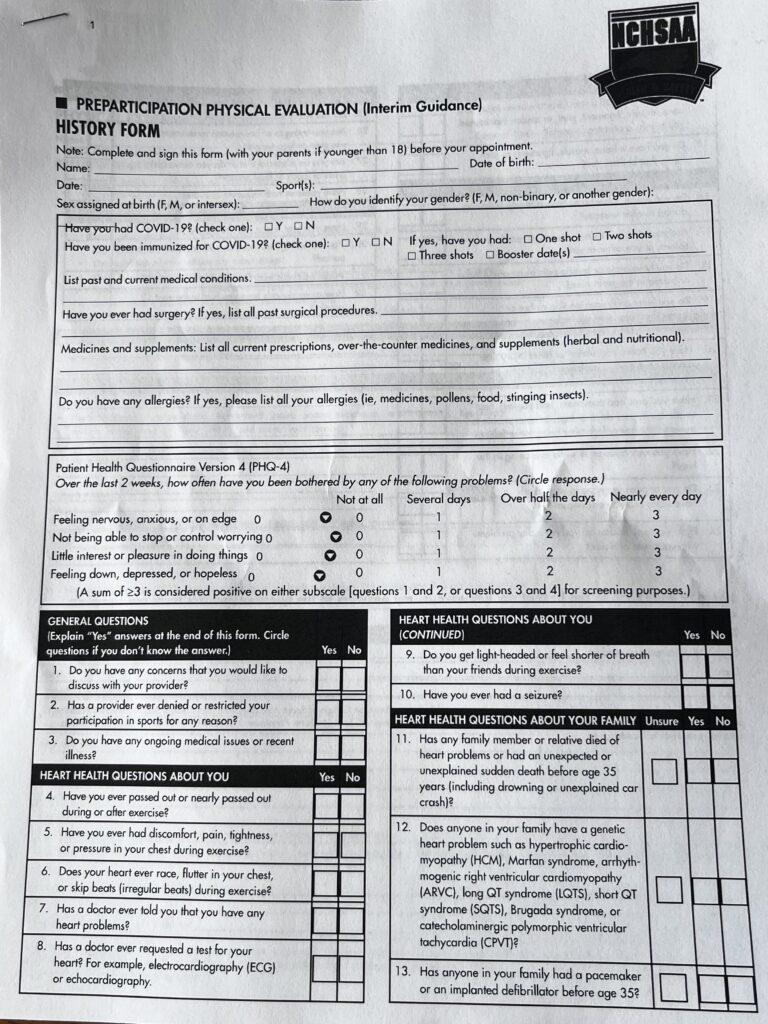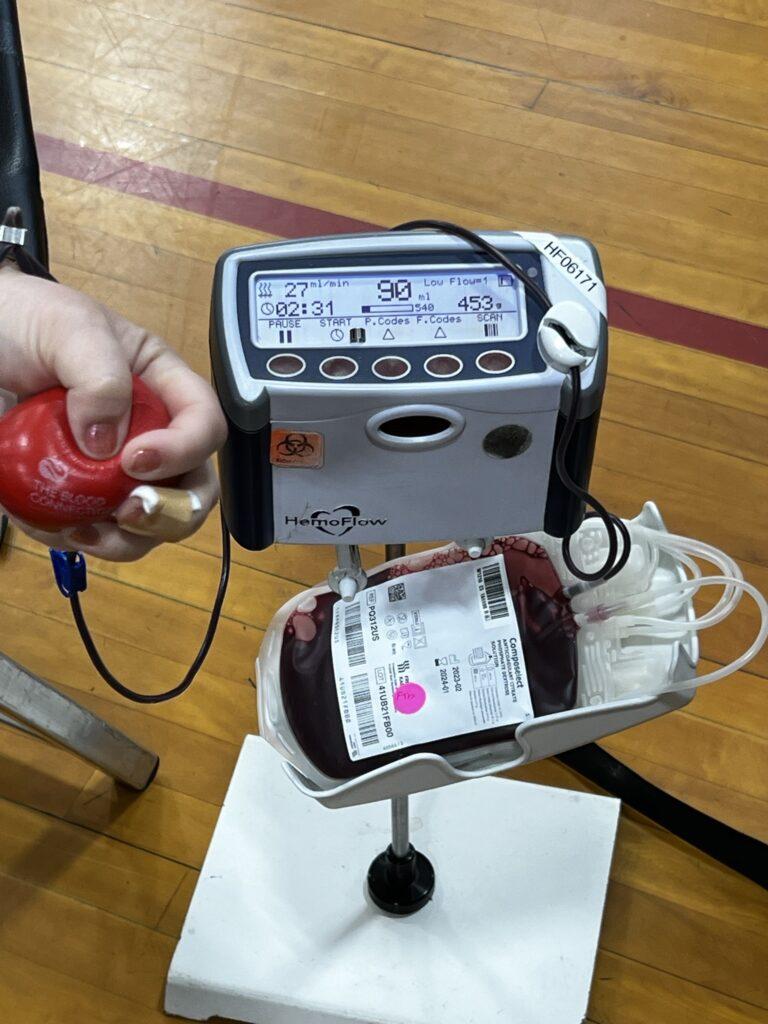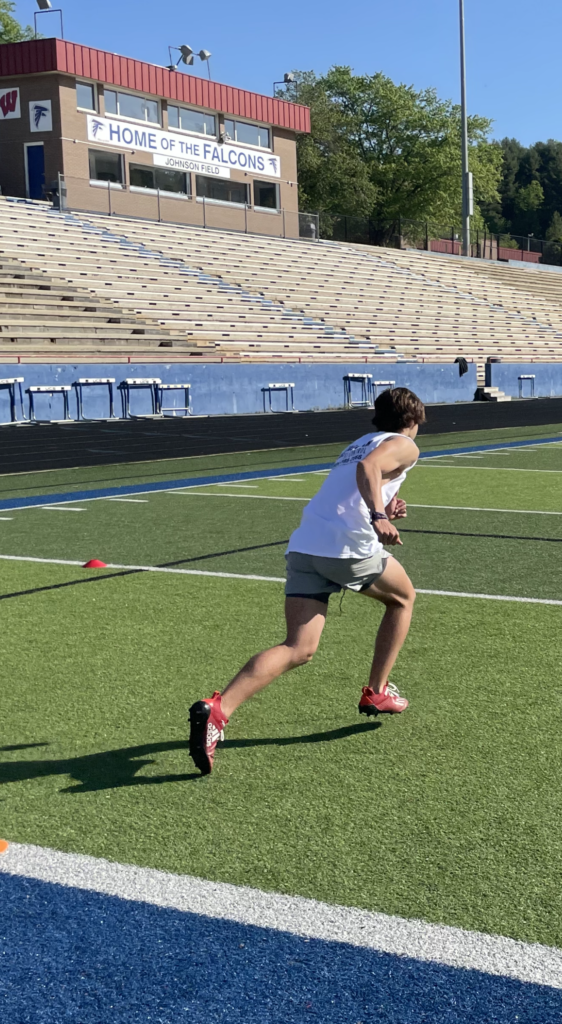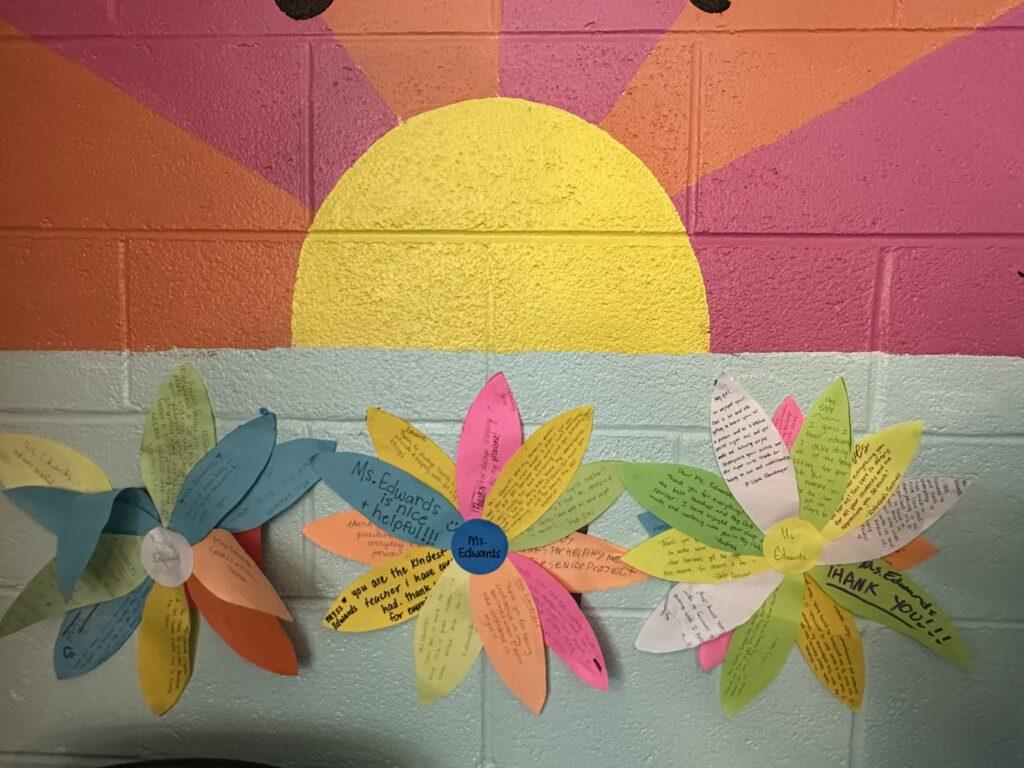With the upcoming school year quickly approaching, junior Maci Clark boarded the bus that would mark the start of the exciting yet stressful college preparations that the last two years of high school required. Clark arrived at the University of Tennessee with her family one early August evening with a schedule full of campus touring the following day.
“I was motivated to visit UT because as juniors we will be going off to college soon so we should be getting ready for that,” Clark said. “I chose it because I felt like it was a good potential school for me and I thought I might really like it there.”
Clark began the day at the admissions office where the students and their families were divided into their touring groups. The tour guides and administrators then went through a presentation showing the logistics affiliated with college such as tuition, scholarships, and the university’s high school requirements. Once the students were given the general information, they were loaded onto a bus that drove them around campus and gave them the opportunity to tour specific buildings such as the cafeteria, football stadium and various academic facilities.
“At first I didn’t really think I would like the big campuses as much as I do now after I’ve toured one,” Clark said. “It didn’t really narrow my options down because now I know I like big schools and small schools, but it did help me to realize that I have more options than I thought.”
Junior counselor Lea Putnam often sees parents and students who are curious about the college application process. She said most students looking to visit a university get their information such as open house hours and dates directly from that school’s website.
“You have to visit the colleges to get a feel for the campus,” Putnam said. “You’re going to be interested in certain types of programs or different clubs so it is important to make sure the college fits with your goals for the future.”
Many different factors can play into a student’s interest in a school. From scholarships available, to campus size, to extracurriculars offered, no matter how many college options the student has, choosing where to spend the two to four years after high school is a big decision.
“I want to be a high school math teacher so I want to major in education,” Clark said.
“Most colleges have that option, but the main thing that I’m looking at is the different states and how teachers do in those areas as far as teacher pay. Tennessee is a really good state for that so that is partially why I’m interested in that university.”
Many students contemplate the advantages and disadvantages of touring future schools as a junior. Some fear the possibility of getting burned out on college preparations, while Putnam feels that is unlikely, especially if the student spreads their visits out evenly throughout the school year.
“It was really beneficial to be able to tour this summer,” Clark said. “Coming into junior year, I feel like I need to start planning out things that I haven’t already done in high school in order to get into college. It was super helpful to be able to hear exactly what colleges look for from a school that I’m interested in.”
Although it seems college talk may only add to the stress of junior year, it actually relieves stress for some. When a junior gets started early on the college process, they are also taking some of the stress away from their senior year when most decisions about college need to be made.
“I feel a lot more at ease because now I’m not as nervous about trying to rush everything throughout the school year and next summer,” Clark said. “I know it’s going to get super busy this year and next year so that really helped take some pressure off of myself.”
Putnam agrees that junior touring can actually take pressure off of the students, as waiting until later on in senior year can rush big decisions and cause students to settle for a school that is less than what they had envisioned.
“It’s very helpful to get started earlier because they have a little bit more time in their junior year than in their senior year,” Putnam said. “Senior year is always super busy because of senior projects so it’s beneficial if they can get started even at the end of sophomore year or beginning of junior year. This gives them a little more time to think about all of their options.”
With the stress of junior and senior year rolling around for the classes of 2019 and 2020, Putnam advised students to get an idea of what kind of school they wish to attend. A school should fit the student’s personality, according to Putnam, and college should be somewhere that those attending feel comfortable.
“I would definitely recommend early touring for other juniors,” Clark said. “It helps to get an idea of what you wanna do in the future. It really motivated me to get through high school after I saw what college is going to be like.”
By: Lauren Mullis, Feature Editor






